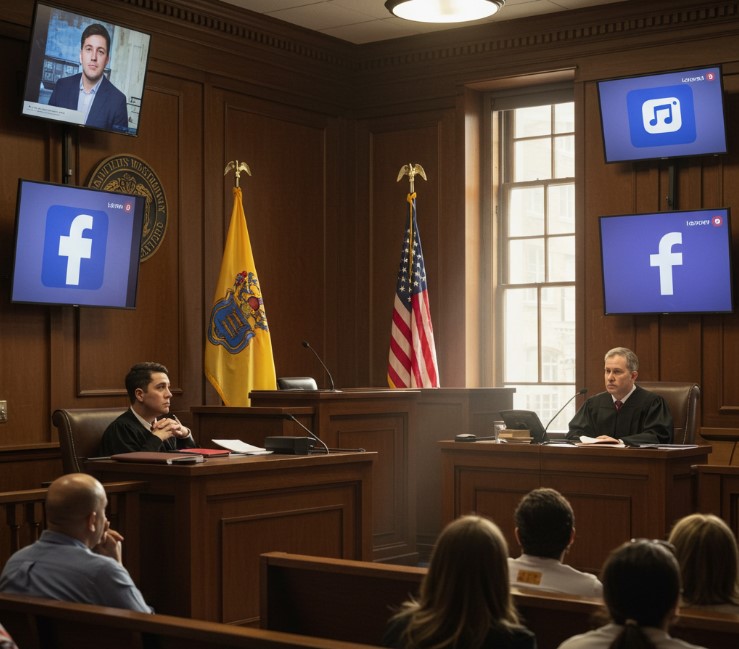If you record a mortgage affecting land with the local county land recording office, that gives you priority over someone filing another mortgage after yours, correct?
Well, not necessarily. I’m not saying don’t record. Always record. But that doesn’t necessarily mean that you’ve been protected. A recent example of how this can happen arises in the case of Rosenthal and Rosenthal, Inc. v. Riker, Danzig, Scherer, Hyland and Peretti, LLP. In this case, Rosenthal recorded first. They recorded two mortgages before Riker filed their mortgage. Therefore, Rosenthal has priority over Riker, correct?
Wrong.
In a recent case, the Appellate Division of the Superior Court of New Jersey said – no. Even though Riker had filed its mortgage well after Rosenthal had first filed its mortgage, the Appellate Division of the Superior Court of New Jersey held that that it was Riker which had priority.
How could this be?
The Appellate Division stated that if the first mortgage holder only has to make advances of monies in their “discretion” while the second mortgage holder is “required” to make advances on its mortgage, then second mortgage holder jumps over the time-priority of the previous mortgage to the extent of the second party’s loan advances occur before the first mortgage holder makes advances.
Did that make you dizzy?
Let’s try again. The first mortgage holder only has to advance money if it so chooses. The second mortgage holder must advance monies if the borrower requests it. In that situation – if the second mortgage holder advances some money before the first mortgage holder advances money, the second mortgage holder jumps into first place – but only to the extent of their “prior advance.”
The theory behind this rule is that if the first mortgagor’s obligations to loan money are only discretionary; the land owner might never get any money at all. What good is such a mortgage to the person whose land is burdened by such a mortgage? Their land is tied up but they get no benefit from the mortgage at all.
Therefore, an old rule of law stated that it is only fair to allow a second mortgagor to jump into first priority if they absolutely guarantee that they will advance the money and then they actually do so.
That is what happened in the Rosenthal case.
Needless to say, the first mortgage holder in the Rosenthal case is not happy with that result since, after the second mortgage holder advanced money, the first mortgage holder later advanced money on their mortgage but found themselves in second place despite owning a first recorded mortgage!
The matter has been granted a review by the New Jersey Supreme Court. Davison, Eastman & Muñoz represents the New Jersey Land Title Association in that appeal as an Amicus Curiae (a friend of the court who wishes to have input on important points of law). We’ll have more on these developments later.
In the meantime consider the following. Do you really want to have language in a mortgage “requiring the disbursement of monies” so as to prevent a loss in priority? What happens if the borrower turns into a serious credit risk? Spends too much time in Atlantic City? Hits the bottle too much? Are you then stuck with the requirement that the borrower can draw down on the loan anytime they so choose? Can you fudge the language of “mandatory disbursement” to protect against such issues? If you can fudge the language should it be part of the recorded mortgage or in an unrecorded note? If the fudging language is not part of the recorded land records what language controls the issue of who has priority? Is it only those documents which are recorded or does it include that which is not recorded? If it includes documents not recorded how can anyone tell who has priority just from searching the land records? And if you can’t determine priority what is the purpose of searching the records at all?
These are some of the issues we intend to bring up to the Supreme Court.













